Charitable Giving in Reverse
Charitable giving: what is first, the donation or the legacy?
When making a major gift, is legacy part of the conversation or an afterthought? Just a yes or no to sharing your estate with a college, hospital, religious or youth group, animals, veterans, or any other worthwhile charity.
If yes, then what is the plan for the transfer of the gift to the charity? Is the gift major enough to be of legacy caliber? When does the charity get the gift, before I die, after I pass, or yet another generation downstream? The answers to this will affect the legacy and gift in many ways.
Let me share a real-life story. I was referred to a wonderful 83 year old woman by her Financial Planner who, like me, is a CFP. It was her desire to gift her home to a Hospital Foundation who had treated her late husband during his lingering illness. She shared with me that her children were not in favor of gifting her home because the home was in Cardiff overlooking the beach and they wanted it to remain in the family. After lengthy discussions with her, her children, her Financial Advisor and CPA, I shared with them a new idea to make a gift to the Hospital Foundation that would allow her to keep her home and still give the Hospital $1M now.
I recommended her using a Jumbo Reverse Mortgage, she could withdraw up to $2 million which was enough to pay off the existing mortgage of $400,000, make a gift of $1 million to the Hospital Foundation and have a ten-year line of credit for the remaining $600,000.
Her total net worth is $5M including her home which was appraised at just over $4 million.
The payment flexibility of the reverse mortgage does not require a monthly payment, her cash flow improved by $2,800 per month because she no longer had mortgage payments to the previous lender. Her gift also allows for an IRS charitable tax deduction of up to 60% of her AGI ($170K ) each year with a carry forward until fully utilized.
The accrued interest, when paid, can be taken as a deduction against any taxes due at death.
Now let’s consider the economic effect on the estate. The property is appraised at $4 million and let’s apply a modest 4% appreciation rate or roughly an increase of $160,000 annually.
The debt of $1.4 million (remember no interest accrual for the line of credit of $600,000 until used ) accrues at say a rate of 7% or $98,000 per year. The appreciation still outpaces the accrued interest by $62,000 per year.
We fast forward to the time of her death. The children inherit the home and other assets on a step up in basis. To keep the home the children can refinance the home or sell other assets without capital gains tax to retire the debt on the home. The Hospital Foundation received a major gift sooner than anticipated, and since there was gift of the home, the Foundation did not need to purchase a charitable gift annuity.
She was able to help the charity today, improve their monthly cash flow, receive some nice income tax benefits, and build an envious family legacy.
This same technique can be helpful for trust and estate planners, foundations, and tax planners to share with other charities.
I am on the board of directors for a well-known senior organization and know first-hand just how difficult it is for securing major donations.



